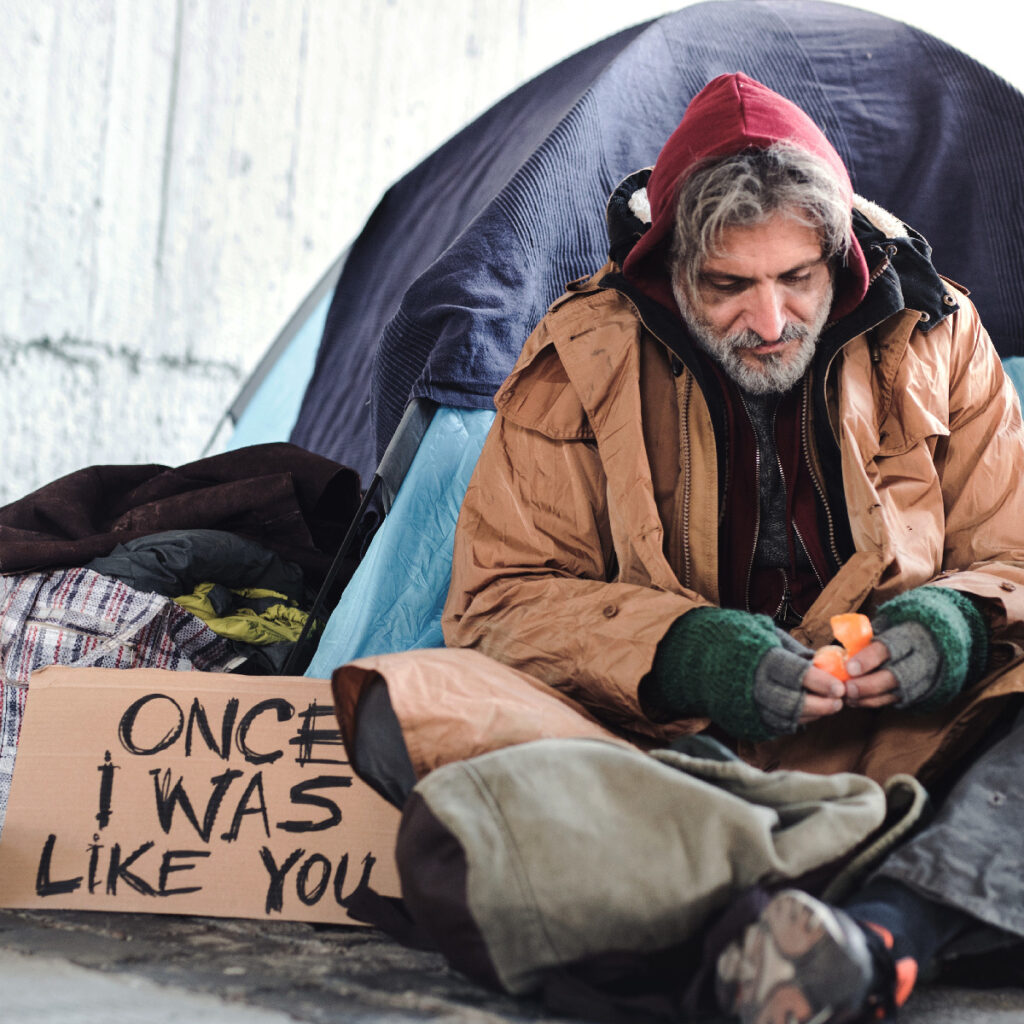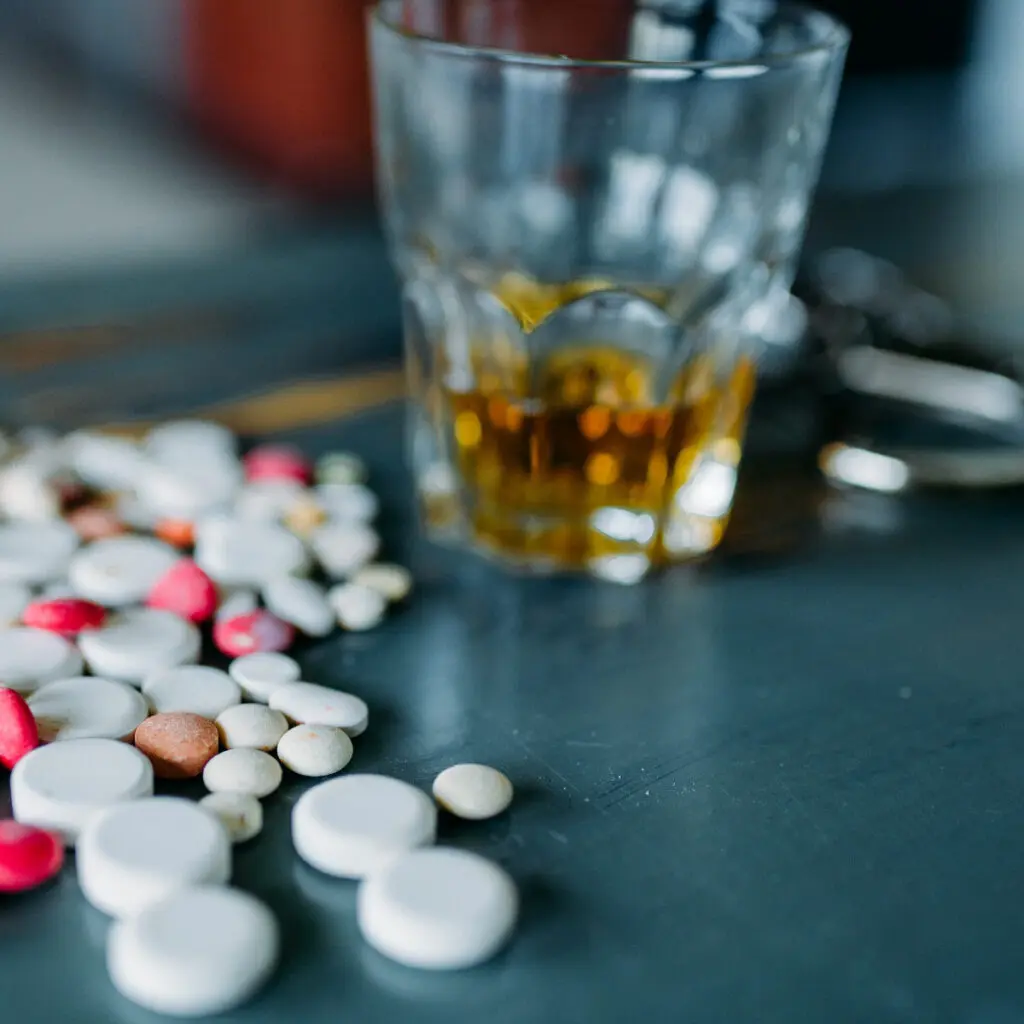The Link Between Addiction and Homelessness
By Sonya Schweitzer
Each year, addiction costs the US economy billions in lost workplace productivity, healthcare expenses, and crime-related costs. But this blog will look at the link between addiction and homelessness.
2022 reports show “alcohol abuse makes up the lion’s share of substance abuse in the US population. It accounts for 73% of substance abuse. 37% of the population struggles with illicit drug use, and 12% struggle with both alcohol and drug use.”
—PlanStreet Us
Today, over 30% of homeless Americans have problems with alcohol and drugs. The link is actual, but we must look at the root causes to understand better. We need to look at the impact of addiction on everyday life.
“I was once like you…”
It is essential to say that some grow up, from childhood, in a homeless environment. But, for most, homelessness is tied to their adult years. Often, one moment in time starts a slow change. It’s that moment of addiction that may lead to homelessness. For too many, as an addiction begins, life changes.
How does an addiction change one’s life? The impact may be slow initially, but it often snowballs and picks up speed. Here are just a few ways in which an addiction may impact a life:
- Addiction impacts relationships with family and friends. Those around you notice a change in personality or habits. The change causes stress and doubt for all.
- Addictive disorders disrupt one’s ability to perform work obligations and may result in job loss.
- Addiction leads to mental health problems such as depression, apathy, and withdrawal.
“I was once like you…” How long does it take for addiction to move someone from a life of employment and family or friends to homelessness? That’s a question no family wants to face.
We continue to look at the link between addiction and homelessness through another view…
“Or is it the other way around?”
Are 30%+ of homeless individuals addicted to a substance as a false coping mechanism to their current situation? It’s true. Many individuals find themselves first homeless and then addicted to alcohol or drugs. The addiction rate is much higher within the homeless population than in the US general population.
Here are just a few reasons that the rate of addiction is high within the homeless population:
- Many turn to drugs and alcohol to cope with their current situation, and substances are readily available on the streets of America’s cities.
- Motivation to stop is low.
- Most often, the homeless do not have the social network of family and friends to help.
- The homeless lack health insurance and no-cost support services.
- Untreated mental illness. “Substance abuse commonly co-occurs with mental illness as people with mental illnesses may self-medicate to obtain symptom relief. Homeless people with mental illness and substance abuse issues often encounter additional stressors that continue the cycle” –American Addiction Disorders.
Whether addiction starts before or after one loses their home, we know that assistance must be a multi-prong approach. To break the cycle of addiction, support must solve both issues—homelessness and addiction.
Support Services Are The Answer
How do you begin to solve the link between addiction and homelessness? Those that have an addiction, while also homeless, need multi-prong support services. Unfortunately, few federal substance abuse programs target funds for the homeless. Support services depend on local plans and local infrastructure.
In Washington, DC, the only non-profit organization providing services to fit the needs of a homeless person addicted to a substance is Samaritan Inns. They have been serving the community’s needs and filling a void since 1985.
Samaritan Inns helps over 500 people a year. Some enter the program homeless, but not all. Their program is a three-step process that gives the client their life back. You can also help break the link between addiction and homelessness.
Share on Social
Recent Posts
Donate Today
Make a donation to help us sustain our mission and provide help
to those who need it in the Washington, DC area.


